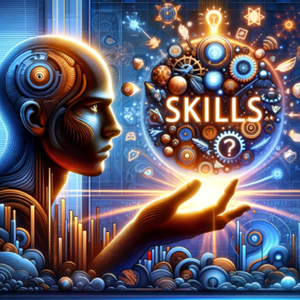
Objective:
The objective of this lesson is to equip communication coaches with the ability to adapt and evolve their coaching skills in response to changing trends and conditions. By the end of this lesson, learners will be able to assess evolving communication landscapes, integrate new technologies and methods, and tailor their coaching techniques to meet the diverse needs of individuals in various environments, ensuring their services remain relevant and effective.
Comprehensive Content Overview:

Communication coaching is a multifaceted discipline involving a range of skills, including active listening, clear articulation, non-verbal communication, empathy, and the ability to teach and inspire confidence in others. These core competencies must be honed and adapted as new communication platforms emerge, cultural dynamics shift, and the expectations of individuals evolve.
In-depth Explanations with Actionable Insights:
- Active Listening: A communication coach must actively listen to clients to understand their needs. This involves full concentration, understanding, and responding to concerns. In a digital age, this might mean interpreting written communication effectively when face-to-face interaction isn’t possible.
- Example: In a virtual coaching session, demonstrate active listening by summarizing the client’s messages and asking clarifying questions..
.
- Articulation: Coaches need to express themselves clearly. With remote work on the rise, coaches must be adept at conveying tone and nuance through digital channels.
- Example: Practice articulating feedback through email, ensuring ...








